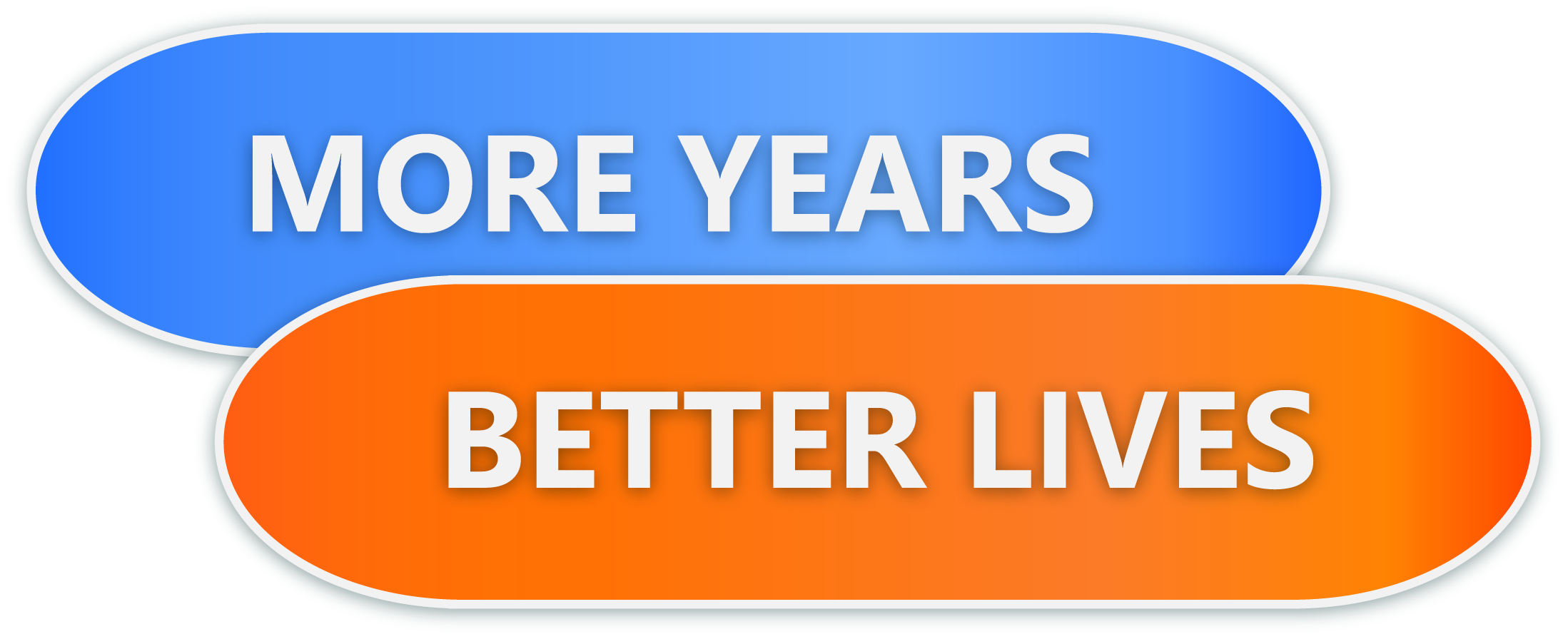Project scope
ACCESS combines expertise from 5 participating countries: Austria, Finland, Germany, Italy, Japan.

ACCESS is dedicated to digital literacy; it provides socially embedded learning opportunities for older persons with low technical skills in order to enable them to get in touch with modern technology and find meaningful ways for its every-day use. By this, the project aims at overcoming a general lack of attention to later life learning which is at stake in many countries. This is all the more important as today a multitude of digital media and new technologies exist to support older persons’ wellbeing and enrich their every-day lives. However, seniors face a multitude of obstacles and hindrances when taking on these modern technologies. ACCESS puts a focus on learning processes as one solution to tackle these challenges.
We will examine different local settings of formal learning (such as adapted internet courses), as well as informal and non-formal learning opportunities (such community-based come-togethers, seniors learn together with and from seniors, inter-generational interactions). Each partner will bring a genuine expertise and focus in the project, so that learning will be examined from a holistic perspective.
The main research objectives are: The creation of learning offers which also reach out to the hard to reach older persons; The generation of learning programmes which foster health literacy; The examination of innovative learning and experience exchange models to be applied to different social contexts. Through the development of a mobile demonstration kit consisting of different devices, we aim at opening up discussion and experience exchange about state-of-the-art technologies among older adults, but also among other stakeholders who are involved in supporting and counseling the elderly in their daily living.
Further, findings on IT usage by older adults embedded in their social settings as well as in local care policies in Japan will be studied, which can be transferred to similar social arrangements in Europe or serve as reference to scrutinize other social and environmental settings.The overall project aim is the development of best strategies for supporting learning in the local environment. Measures and recommendations for future policy and practices around the uptake of internet applications and new technologies to foster wellbeing will be developed in order to spark a new learning culture for older adults.

